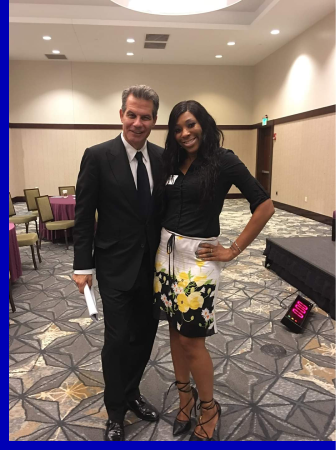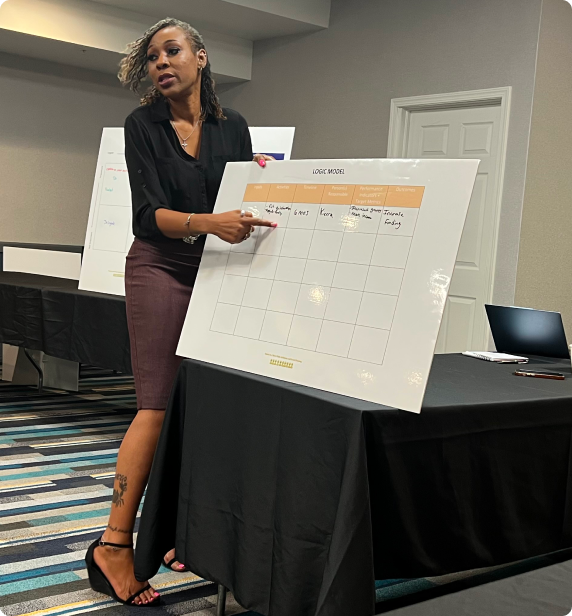Helping you get
your Ducks in a Row
A Case Study Examining the Cultural
Effects on a Historically Black Neighborhood
in Denver, Colorado
Duran, G.L., Ashford University ProQuest Dissertations Publishing, 2019. 27666523. Retrieved from https://www.proquest.com/openview/ff74861887a70ac4d57b3027a709a441/1?pq-origsite=gscholar&cbl=51922&diss=y
Hard copy can be found at: The Blair-Caldwell African American Research Library
2nd floor, Archives Section
720-865-2401


Latest Project:
Led by Principal Investigator Genene L. Duran, PhD, MHA, CPH, The Black Community Health Assessment (BCHA) is an analysis of health barriers, access and equity for our Black community in the Denver metropolitan area and is being supported by research partners in the Social Work Department at The College of Health and Human Services at Metropolitan State University of Denver, Denver Health Health Equity Department and the Colorado Health Institute.
Genene L Duran, PhD, MHA, CPH
And we know that in all things God works for the good of those who love Him, and have been called according to His purpose.
~ Rom 8:28
Health Equity Assessment Tool (HEAT) Example
1. What inequalities exist in relation to the health issue under consideration?
2. Who is most advantaged and how?
4. How did the inequalities occur? What are the mechanisms by which the inequalities were created maintained or increased?
3. Where/how will you intervene to tackle this issue?
5. How will you improve health outcomes for underserved populations and reduce health inequalities experienced?
6. How could this intervention affect health inequalities?
7. Who will benefit most?
8. What might the unintended consequences be?
9. What will you do to make sure the intervention does reduce inequalities?
10. How will you know if inequalities have been reduced? (signal, Martin, Cram et all., 2008)
